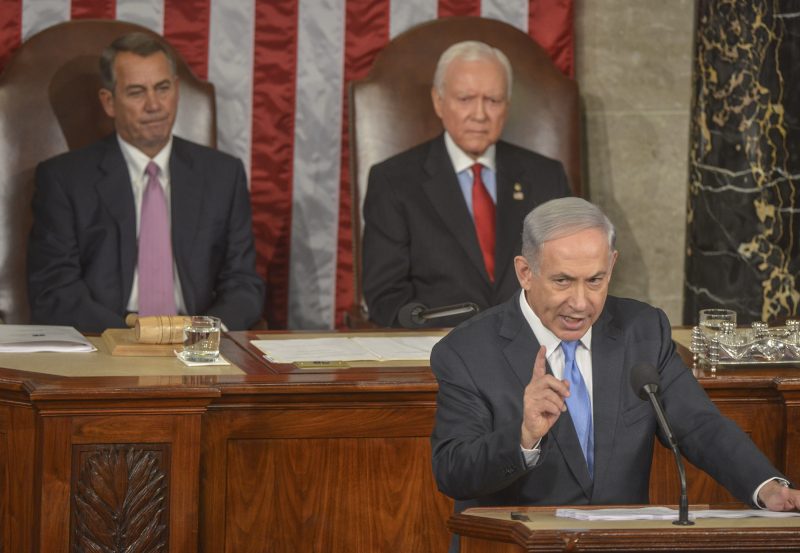In recent years, the relationship between Israeli Prime Minister Benjamin Netanyahu and the Democratic Party in the United States has become increasingly strained. The divide between Netanyahu and the Democrats has been fueled by a combination of personal and political factors, ultimately leading to a significant split.
One of the key reasons behind the rift between Netanyahu and the Democrats is their differing approaches to the Israeli-Palestinian conflict. While Netanyahu has taken a hardline stance on security issues and settlement expansion, many Democrats have been critical of his handling of the conflict and have called for a more diplomatic approach. This divergence in views has created tensions between the Israeli leader and several prominent members of the Democratic Party.
Additionally, Netanyahu’s close relationship with former President Donald Trump further exacerbated the divide between him and the Democrats. Trump’s unwavering support for Netanyahu and his conservative policies alienated many Democrats, who viewed the Israeli leader as aligning himself too closely with a controversial and divisive figure. This partnership further deepened the rift between Netanyahu and the Democrats, making it increasingly difficult for them to find common ground on key issues.
Furthermore, Netanyahu’s controversial policies and actions have also played a role in the deteriorating relationship with the Democrats. His government’s treatment of Palestinians, the handling of the Iran nuclear deal, and his annexation plans for parts of the West Bank have drawn criticism from Democrats and the international community, leading to further discord between Netanyahu and the Democratic Party.
Another contributing factor to the split between Netanyahu and the Democrats is the changing demographics within the party. As younger and more progressive voices have gained prominence, there has been a shift towards more pro-Palestinian and anti-occupation positions within the Democratic Party. This shift has made it increasingly challenging for Netanyahu to build bridges and find common ground with Democratic leaders who hold differing views on Israel and the Palestinian conflict.
Despite the growing divide between Netanyahu and the Democrats, it is crucial for both sides to find ways to work together and address shared challenges. The strong historical ties between the United States and Israel, as well as the common interests they share, highlight the importance of maintaining a constructive relationship. Finding common ground on key issues such as security, peace negotiations, and regional stability will be essential for advancing mutual interests and promoting peace in the Middle East.
In conclusion, the split between Benjamin Netanyahu and the Democrats has been years in the making, fueled by differences in approach to the Israeli-Palestinian conflict, the close relationship with former President Trump, controversial policies, and shifting dynamics within the Democratic Party. Moving forward, both sides must make efforts to bridge their differences, foster dialogue, and find common ground to ensure a productive and constructive relationship that serves the interests of both countries and promotes peace and stability in the region.
